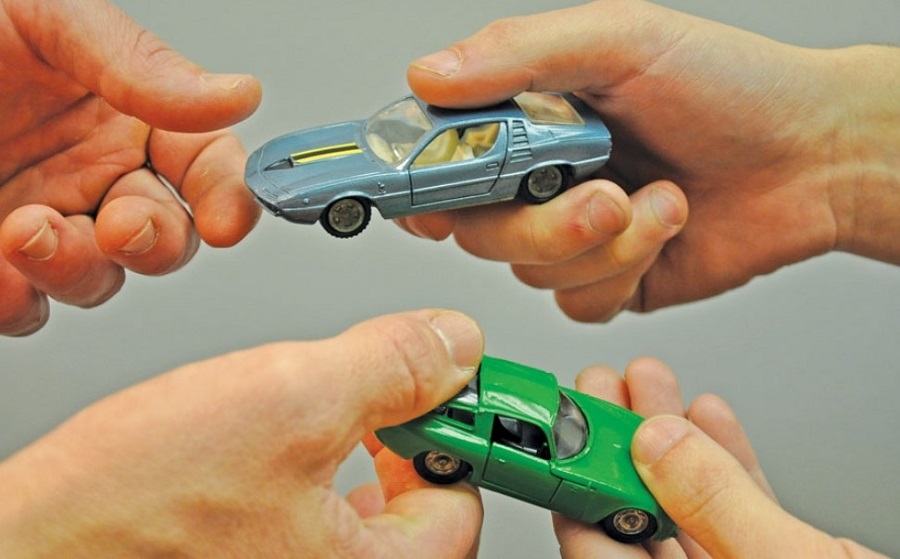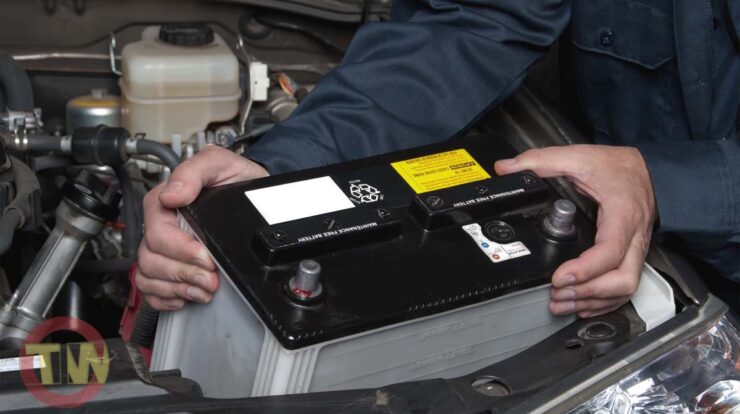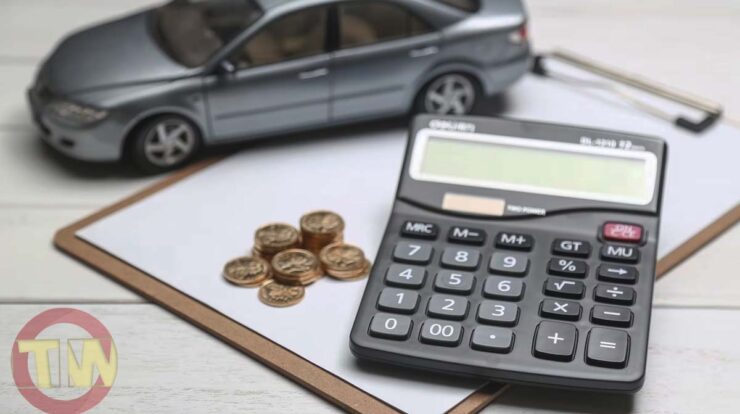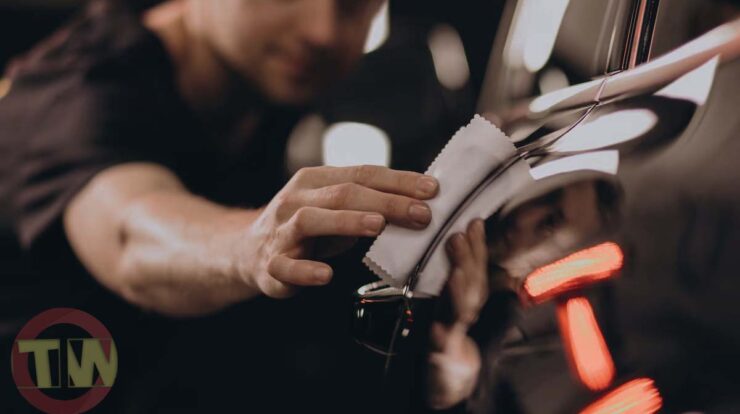
Buying or selling a car can be a stressful experience, especially if you are new to the process. There are many things to consider, from pricing to paperwork. However, with a few helpful tips, you can make car trading a smoother and more successful process. In this article, we will provide you with some practical tips on how to get the best deal when trading a car.
Car Trading Tips

Determine the Value of Your Car
Before you start trading your car, you need to determine its value. This will give you an idea of how much you can expect to get for your car, and it will also help you negotiate a fair price. There are several online tools you can use to estimate the value of your car, such as Kelley Blue Book or Edmunds. These tools will ask for details about your car’s make, model, year, mileage, and condition to provide an estimate of its value.
Here are some tips to help you determine the value of your car:
- Check Online Valuation Tools
There are many online tools available that can help you determine the value of your car. Some of the most popular ones include Kelley Blue Book, Edmunds, and NADAguides. These tools take into account the make, model, year, and mileage of your car, as well as its condition and any additional features it may have. By entering this information, you can get an estimated value for your car. - Get a Professional Appraisal
If you want a more accurate appraisal of your car’s value, you can take it to a professional appraiser. This is especially helpful if your car is a classic or rare model, as online valuation tools may not take these factors into account. A professional appraiser can examine your car in person, take note of its condition, and provide you with an accurate value. - Look at Local Listings
Another way to determine the value of your car is to look at local listings for similar cars. This can give you an idea of what other people in your area are asking for similar vehicles. Keep in mind that the asking price is not necessarily the same as the actual selling price, so you may need to do some research to find out what cars are actually selling for. - Consider the Condition of Your Car
The condition of your car plays a big role in its value. If your car is in excellent condition with low mileage, it will be worth more than a car that is in poor condition with high mileage. Take an honest look at your car and consider any dents, scratches, or other damage that may affect its value. - Keep Maintenance Records
Having a record of your car’s maintenance and repair history can also help you determine its value. A car that has been well-maintained and regularly serviced will be worth more than a car that has been neglected. Be sure to keep all of your maintenance records organized and easily accessible.
By using these tips, you can get a better idea of the value of your car. Remember to be realistic about its condition and to take into account any additional features or upgrades it may have. With this information, you can set a fair asking price or negotiate a better deal when trading in your car.
Clean and Repair Your Car
If you want to get the best deal when trading your car, you need to make sure it looks and runs its best. Start by giving your car a thorough cleaning, both inside and out. This will make it more appealing to potential buyers and increase its value.
Additionally, if there are any minor repairs that need to be done, such as fixing a dent or replacing a light bulb, take care of them before trading your car. This will show that you have taken good care of your car and increase its value.
Shop Around for Offers
When trading your car, it’s important to shop around for offers from different dealerships or private buyers. Don’t settle for the first offer you receive, as there may be better deals out there. Be upfront about the value of your car and the price you are looking to get for it. This will help you negotiate a fair price and ensure that you get the best deal possible.
Here are some tips for shopping around for offers:
- Don’t Settle for the First Offer
It’s tempting to take the first offer that comes your way, especially if it seems like a good deal. However, it’s important to remember that the first offer is not always the best offer. By shopping around and getting multiple offers, you can ensure that you’re getting a fair price for your car. - Consider Different Types of Buyers
There are several different types of buyers you can sell your car to, including private parties, dealerships, and online car buying services. Each type of buyer has its own advantages and disadvantages, so it’s important to consider all of your options. Private parties may offer the highest price, but dealing with strangers can be risky. Dealerships may offer a lower price, but the process is often faster and more convenient. Online car buying services can be a good option if you want to avoid the hassle of selling your car yourself. - Be Prepared to Negotiate
When shopping around for offers, be prepared to negotiate. Don’t be afraid to ask for a higher price or to counter an offer that you think is too low. By negotiating, you may be able to get a better deal and walk away with more money in your pocket. - Read the Fine Print
Before accepting an offer, make sure you read the fine print. Some offers may come with hidden fees or other strings attached that can reduce the amount of money you receive. Be sure to ask questions and clarify any details you’re unsure about. - Don’t Forget About Timing
Timing can also play a role in the offers you receive for your car. For example, if you’re selling a convertible in the middle of winter, you may not get as much interest as you would in the summer. Pay attention to market trends and seasonality when shopping around for offers.
Consider Trading In Your Car
If you are buying a new car, consider trading in your old car as part of the deal. Many dealerships offer trade-in programs, which can save you time and hassle. However, be aware that trade-in offers are often lower than what you would get if you sold your car privately. Make sure to research the value of your car before accepting a trade-in offer to ensure that you are getting a fair deal.
Be Prepared for Negotiation
Negotiation is a key part of car trading, and it’s important to be prepared for it. Do your research ahead of time and know the value of your car and the price you are looking to get for it. Be prepared to walk away from a deal if you are not getting the price you want. Remember, there are always other options out there.
Conclusion
Trading a car can be a stressful and overwhelming process, but it doesn’t have to be. With the tips provided in this article, you can increase your chances of getting the best deal possible. Remember to determine the value of your car, clean and repair it, shop around for offers, consider trading it in, and be prepared for negotiation. By following these tips, you can make car trading a smoother and more successful process.






